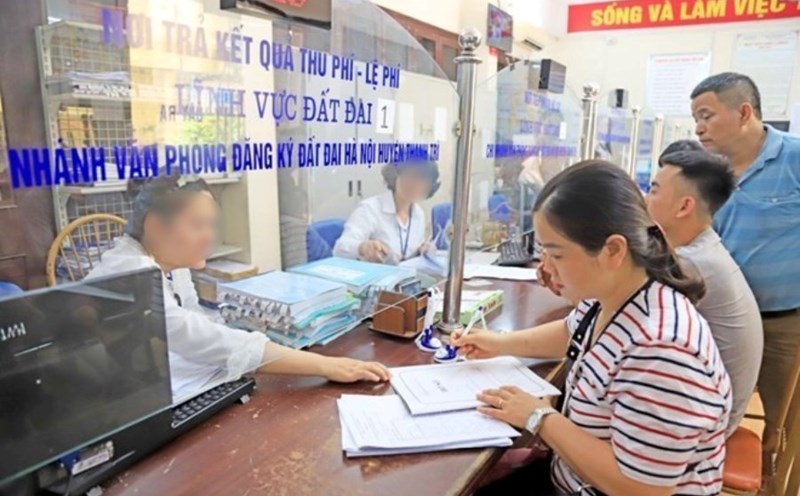Domestic coffee prices
On August 1, coffee prices in the Central Highlands continued to increase. In Dak Lak, coffee prices have reached VND100,000/kg, up VND300 compared to yesterday. In Lam Dong and Gia Lai, the same price was traded at 99,800 VND/kg, up 300 VND. The average coffee price in the whole region is 99,900 VND/kg.
Compared to the beginning of the week, domestic coffee prices are estimated to have increased by more than 4,000 VND/kg, marking a strong increase this week and approaching the threshold of 100,000 VND/kg - the highest level in many weeks.
World coffee prices
On the New York Stock Exchange, Arabica coffee prices increased again. The September 2025 contract (KCU25) closed at 295.80 cents/lb, up 2.40 cents (+0.82%). The December 2025 term reached 288.70 cents/lb, up 1.85 cents. Prices have increased due to concerns about the possibility of applying a 50% tax on un exempted goods exported from Brazil, including coffee. In addition, ICE-supervised Arabica inventories have fallen to 770,621 bags, the lowest level in four months, contributing to price support.
On the contrary, on the London exchange, Robusta prices decreased slightly. The September 2025 contract (RMU25) closed at $3,401/ton, down $10,/0.29%. However, Robusta is still supported by information about dry weather in coffee growing areas in Vietnam - the world's largest Robusta importer.
According to a report by Cooxupe - Brazil's largest coffee cooperative, by July 25, farmers in this country had harvested 67% of their annual output, up from 59% last week. Consulting firm Safras & Mercado also said that the national harvest progress is 84%, higher than the 5-year average (77%).
The US Department of Agriculture (USDA) report released on June 25 forecasts that global coffee output in the 2025/26 crop year will reach 178.68 million bags, up 2.5% over the previous crop year. Of which, Robusta output increased by 7.9% while Arabica decreased by 1.7%. The report from Volcafe also forecasts that the market will continue to be short of Arabica at 8.5 million bags in the 2025/26 crop year, marking the fifth consecutive year of the shortfall.











